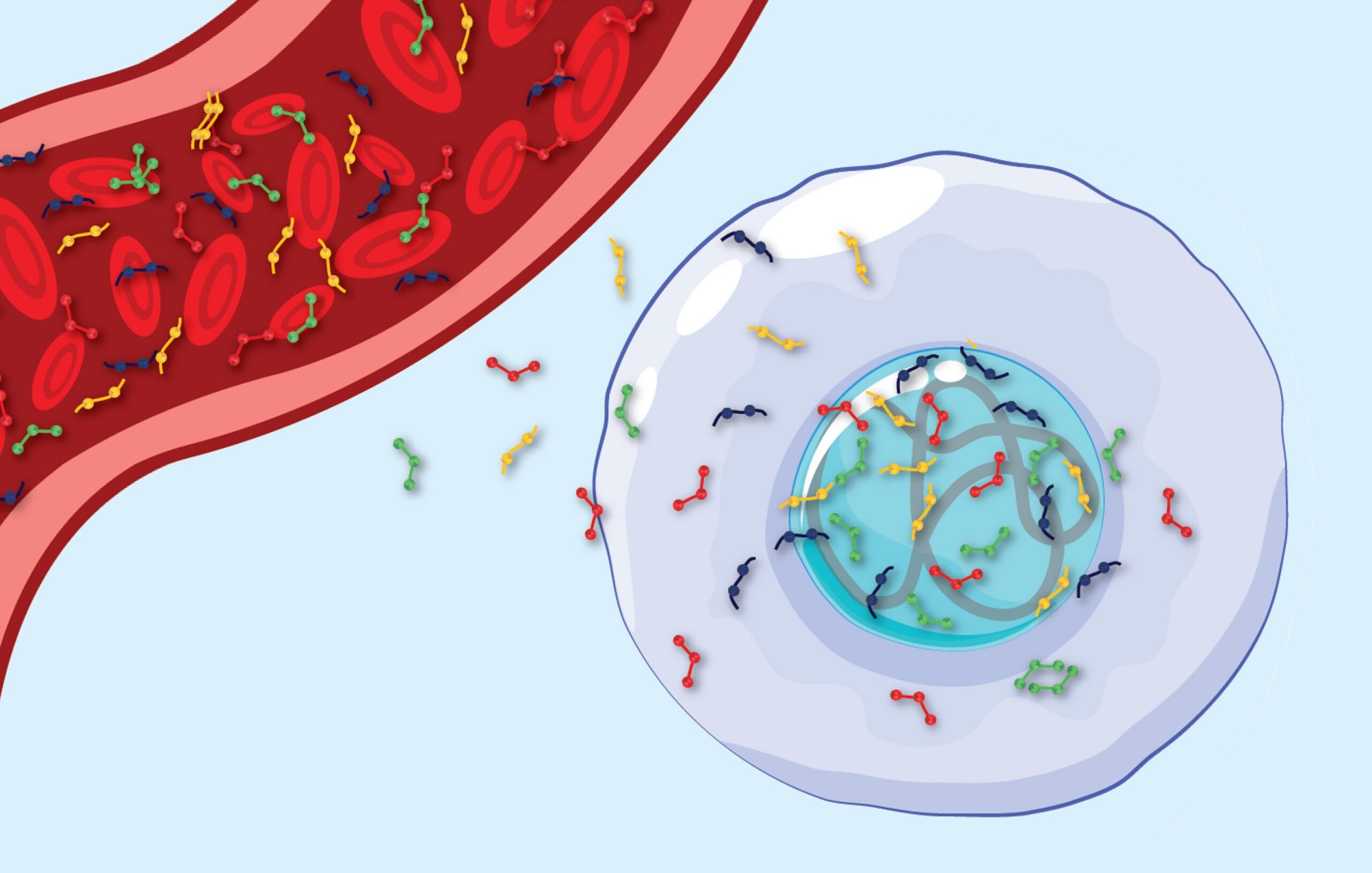This animation has been prepared by the ALK Positive Lung Cancer charity and is intended for patients who have been diagnosed with ALK+ non-small cell lung cancer, most of whom are diagnosed at stage 4. Patients have the right to accurate and up-to-date information on their prognosis, treatment and care from their medical team and patient organisations. Being informed and empowered to participate in shared decisions about their own treatment can be hugely beneficial for patients, and this animation will cover some of the topics that patients may have questions about. Read More
Patients may have initial questions about treatment decisions. These can include questions about how much information they wish to receive, what their treatment options are and what benefits and risks are involved. Patients will also likely have questions on how they will contribute to shared decisions and how their voice will be heard.
As ALK+ lung cancer is relatively rare, not all oncologists will have experience treating such patients. Therefore, it is reasonable for patients to ask if their healthcare team has experience with ALK+ lung cancer and the necessary expertise to deliver optimal treatment. Patients may also ask if they can be transferred to a centre of excellence for ALK+ lung cancer.
Cancer research is constantly evolving, and patients have the right to ask about relevant ongoing research and opportunities to participate in clinical trials for new treatments.
Maintaining patient quality of life as much as possible is important during treatment. Patients may ask how this will be achieved and measured, and whether additional factors, such as financial, emotional or social concerns will be considered.
Receiving regular scans is important for monitoring your cancer. The charity recommends a CT scan of the thorax, abdomen and pelvis every 3 months and a brain MRI every 6 months. However, if brain metastases are present, then MRI scans should be carried out every 3 months. Patients may ask how often they will receive scans, and when they will receive the scan results.
Treatments for ALK+ lung cancer can have significant side-effects. Therefore, patients may ask what side-effects can be expected with their choice of treatments, and who they should contact if severe side-effects occur.
While treatments for ALK+ lung cancer can be effective at suppressing cancer progression, progression may inevitably occur. In this situation, patients may ask what tests will be performed to determine the most effective next treatment, and if there are clinical trials or more specialised medical teams who could address this advanced disease.
Finally, all patients have a right to appropriate palliative care at any point during their treatment journey, including pain management, and emotional support. Patients may ask when and how this can be provided if required, and whether the service is provided at home or in hospital.
While cancer treatment is undoubtedly challenging, with the correct information and ability to participate in shared decisions, patients can have a measure of control.







